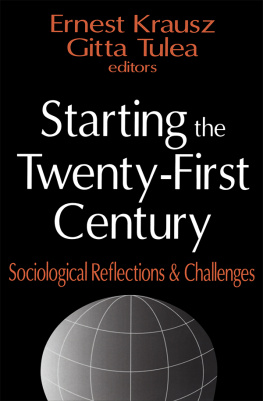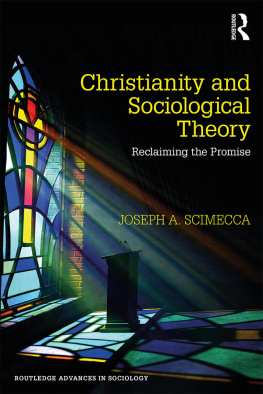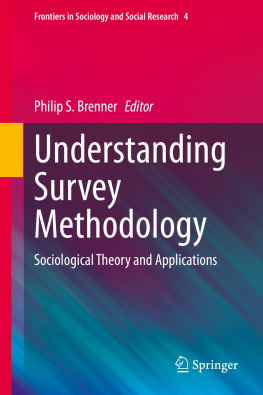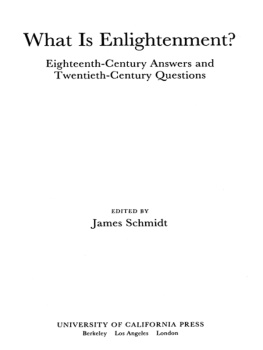Harry Bredemeir - Experience Versus Understanding: Understanding Yourself in Twenty-First Century Societies
Here you can read online Harry Bredemeir - Experience Versus Understanding: Understanding Yourself in Twenty-First Century Societies full text of the book (entire story) in english for free. Download pdf and epub, get meaning, cover and reviews about this ebook. year: 2018, publisher: Routledge, genre: Religion. Description of the work, (preface) as well as reviews are available. Best literature library LitArk.com created for fans of good reading and offers a wide selection of genres:
Romance novel
Science fiction
Adventure
Detective
Science
History
Home and family
Prose
Art
Politics
Computer
Non-fiction
Religion
Business
Children
Humor
Choose a favorite category and find really read worthwhile books. Enjoy immersion in the world of imagination, feel the emotions of the characters or learn something new for yourself, make an fascinating discovery.

- Book:Experience Versus Understanding: Understanding Yourself in Twenty-First Century Societies
- Author:
- Publisher:Routledge
- Genre:
- Year:2018
- Rating:4 / 5
- Favourites:Add to favourites
- Your mark:
Experience Versus Understanding: Understanding Yourself in Twenty-First Century Societies: summary, description and annotation
We offer to read an annotation, description, summary or preface (depends on what the author of the book "Experience Versus Understanding: Understanding Yourself in Twenty-First Century Societies" wrote himself). If you haven't found the necessary information about the book — write in the comments, we will try to find it.
Bringing into play a lifetime of sociological analysis, Harry Bredemeier here explores fundamental issues in epistemology and ethics and how social research has altered traditional views on such major subjects as the play of physical force in social life, the distinction between the physical and moral universe, risk taking and life making, rights and obligations in short the most basic questions posed for our times by the sociological tradition.
Bredemeier takes sharp issue with postmodern indictments of the Enlightenment movement of the early eighteenth century: that the Enlightenment was a cover for Western cultural imperialistic destruction of other cultures; that its glorification of reason undermined morality and paved the way for fascism and irrationality; or that it perpetuated a willful indifference to ecological concerns and to womens rights. The author clarifies all those issues and shows how reason, properly understood, transcends polemics that currently obfuscate appeals to experience.
Experience vs. Understanding covers a wide range of topics. Among them are the need for interpretation of experiences; responsibility for consequences of ones choices; the danger in not thinking beyond immediate perceptions; all human activities are governed by cultural rules; individual virtues such as intelligence or courage are not sufficient to evaluate actions; and the issues of national foreign policy parallel those of each persons policy towards other peoples. Experience vs. Understanding is a unique study that will be enjoyed by and beneficial to philosophers, sociologists, and political theorists, who are searching for the philosophical foundations of social science.
Harry Bredemeir: author's other books
Who wrote Experience Versus Understanding: Understanding Yourself in Twenty-First Century Societies? Find out the surname, the name of the author of the book and a list of all author's works by series.






